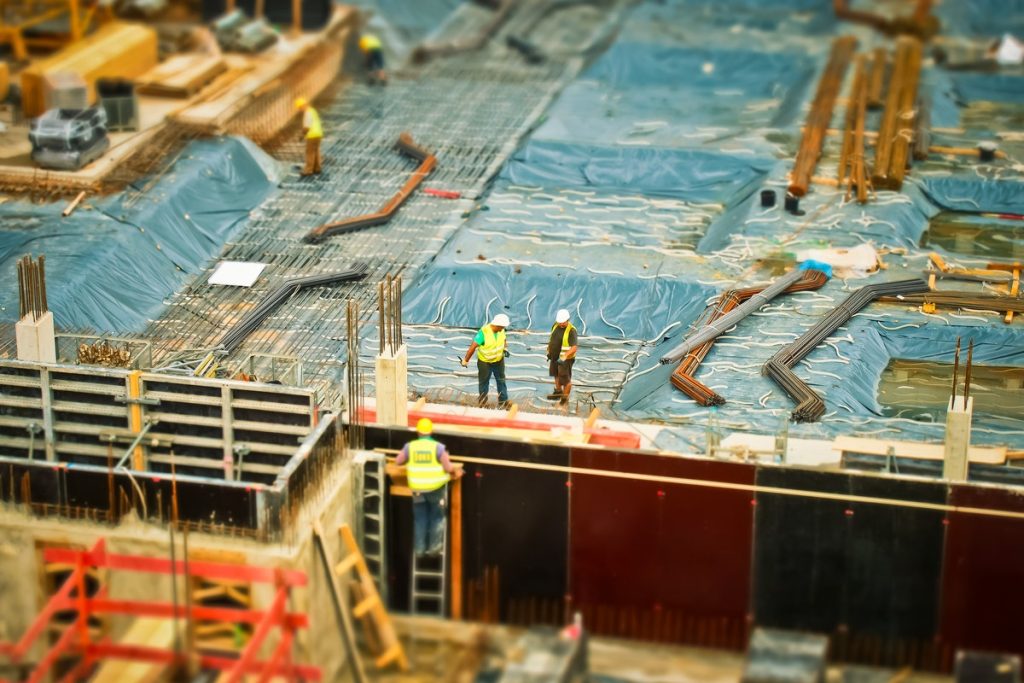Some careers require employees to work outside in fields or other remote locations. This can present some health risks that may not be present in an office setting. Jobs like construction, farming, forestry, and surveying can all be dangerous if the proper precautions are not taken.
According to the Bureau of Labor Statistics, nearly 4,000 fatal workplace accidents occurred in 2018. Of those, 20% were in the construction industry, and 17% were in the farming, forestry, and fishing industries. This only shows that accidents happen, and they can happen anywhere. So, how can you protect your health when doing fieldwork? Here are a few tips:
Wear the proper clothing and equipment
Working in the field can be dangerous if you’re not adequately prepared. That’s why it’s essential to always wear the proper clothing and equipment for safety. Depending on the type of work you’ll be doing, you’ll need to wear sturdy shoes or boots, long pants, and a long-sleeved shirt to protect your skin from the elements. You should also always wear gloves to protect your hands, and a hat or other head covering to protect your head and face from the sun. In addition, you’ll need to be aware of your surroundings and take precautions to avoid potential hazards. For example, if you’re working near moving vehicles, machines, or other equipment, make sure you stay clear of possible pinch points or crush zones. Taking these simple precautions can help ensure your safety while working in the field.
Be eligible
Sometimes, accidents can still happen no matter how many precautions you take. That’s why knowing your eligibility to work in the field is essential. If you’re not eligible to work in the field, there’s a higher risk that you’ll be involved in an accident.
This is one of the reasons why in the UK, construction workers must take the CITB Health & Safety Test. This determines their level of understanding of health and safety in the construction industry. If they don’t pass, they’re not eligible to work on construction sites. The same goes for other professions, like farming. To qualify to work on a farm, you must have completed an agricultural health and safety course to demonstrate your understanding of the risks involved.
Be aware of your surroundings
As someone who works in the field, always be aware of your surroundings. This means being aware of both visible and potential hazards. For example, you must be mindful of traffic if you’re working near a busy road. Suppose you’re working in an area with a lot of wildlife. In that case, you need to be aware of the possibility of an animal attack. In addition to being aware of potential hazards, it’s also essential to have a plan for what to do if something does happen. For instance, if you’re working near a busy road, you should know how to get out of the way quickly and safely. If you’re working in an area with a lot of wildlife, you should know how to defend yourself.
Know the risks
Understanding the risks involved in your job is an integral part of keeping yourself safe. Depending on the type of work you do, the stakes will vary. For example, suppose you’re working in construction. In that case, you’ll need to be aware of potential hazards like falling objects, moving vehicles, and heights. If you’re working on a farm, you’ll need to be mindful of potential dangers like machinery, animals, and chemicals. By understanding the risks involved in your job, you can take the necessary precautions to avoid them.
Take breaks
Did you know that it’s essential to take breaks when you’re doing fieldwork? That’s right – whether you’re working in a hot, dusty climate or in a cold, wet one, it’s vital to take breaks to stay safe.
The main reason for this is that when you’re working in difficult conditions, your body is stressed. This can lead to dehydration and exhaustion, which can, in turn, make you more susceptible to accidents and injuries. Regular breaks give your body a chance to rest and recover, which will help you stay safe and productive.

Stay hydrated
Working outdoors can be strenuous, and can take a toll on your body. That’s why it’s essential to take breaks throughout the day to rest and recover. If possible, try to find a shady spot to take a break in so you can avoid getting too hot. In addition, make sure you stay hydrated by drinking plenty of water throughout the day. If you start to feel dizzy, lightheaded, or fatigued, take a break and drink some water.
Final thoughts
Working in the field can be dangerous, but there are things you can do to keep yourself safe. By taking the necessary precautions and being aware of your surroundings, you can help reduce the risks involved. Do not have second thoughts when it comes to your safety, because it is always better to be safe than sorry.


